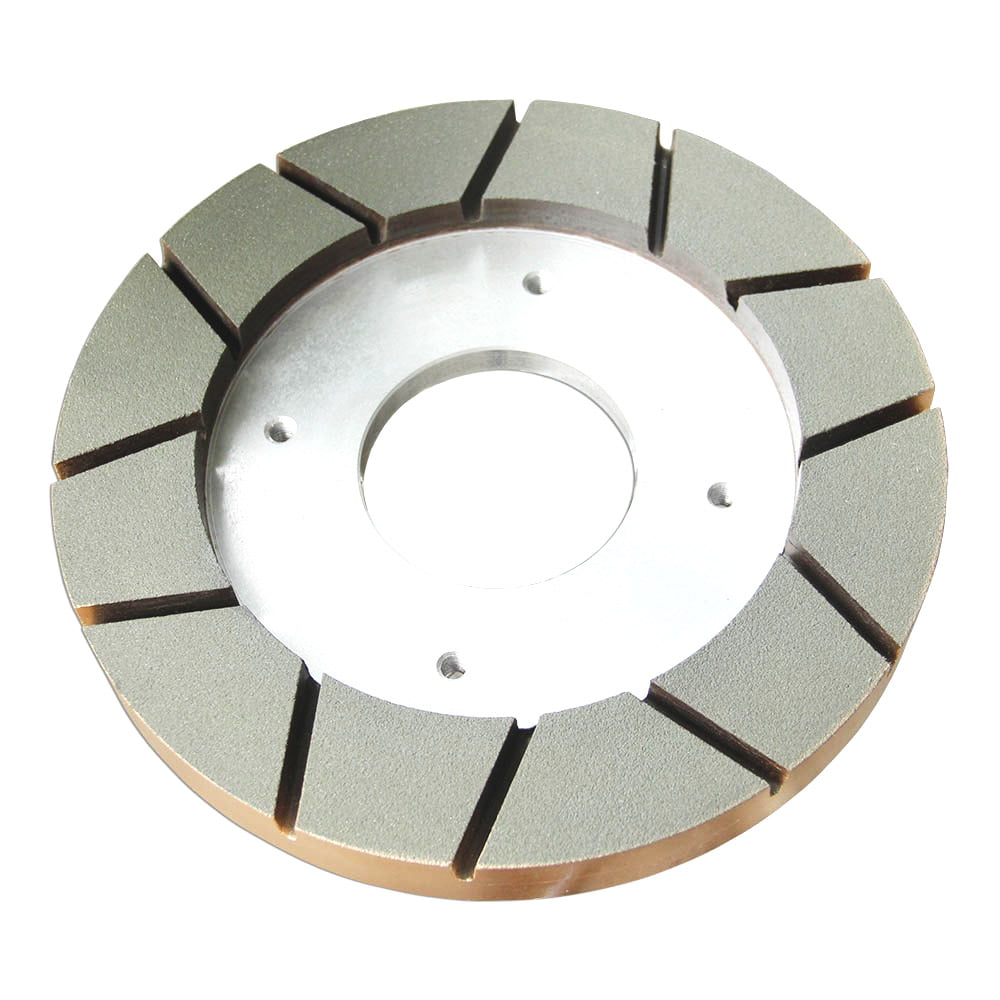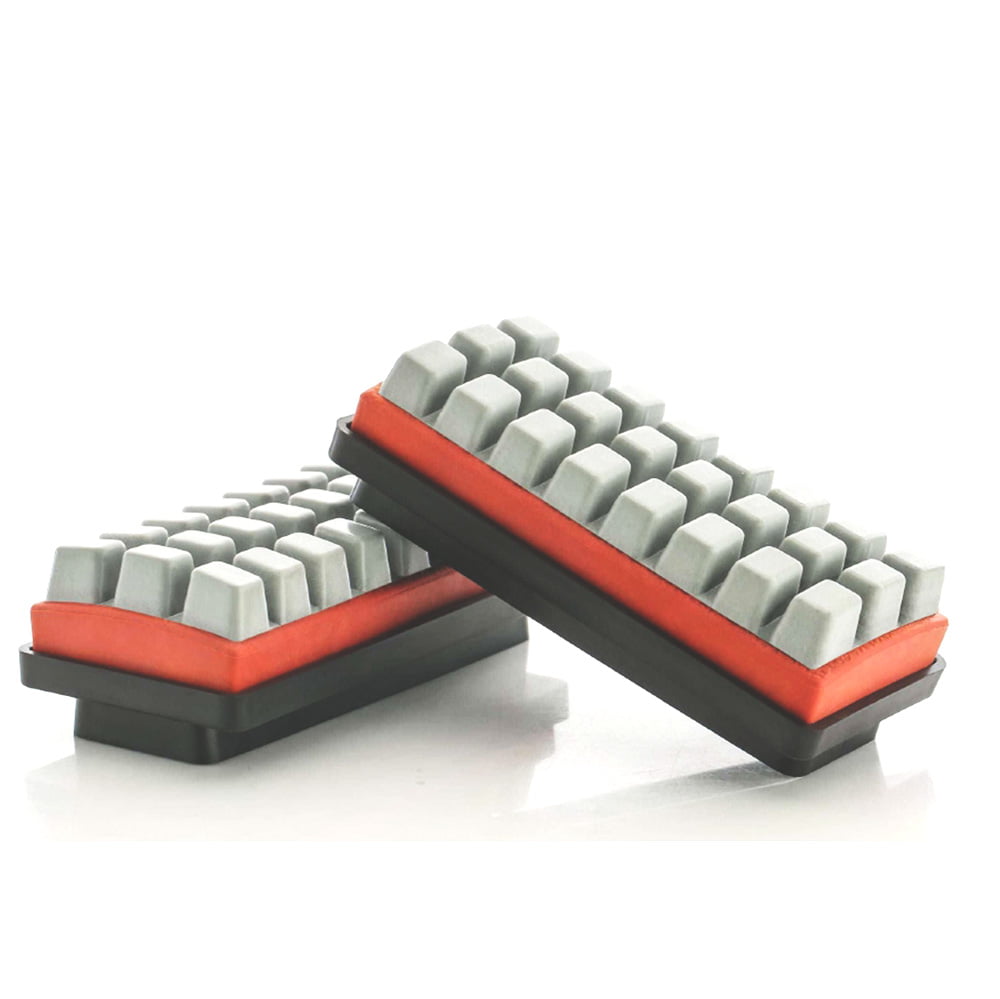Verstehen der Produktmerkmale
Wenn es darum geht, Produkte zu analysieren und zu verstehen, ist die Extraktion der richtigen Merkmale entscheidend. Im Folgenden wird erläutert, wie Produktmerkmale auf der Grundlage der bereitgestellten Quellen extrahiert und analysiert werden können.
Produktmerkmale (PF)
Aus Textbeschreibungen
Produktmerkmale können mit Hilfe von Techniken der natürlichen Sprachverarbeitung (NLP) aus Textbeschreibungen extrahiert werden. Zum Beispiel kann ein Warenmerkmalsextraktionssystem kann automatisch Produktbeschreibungen lesen und wichtige Merkmale wie Marke, Modell, Farbe, Größe und Material erkennen.
Aus Benutzerbewertungen
Eine weitere Methode ist die Analyse von Nutzerbewertungen, um Produktmerkmale zu extrahieren. Dies kann durch Stimmungsanalyse und Part-of-Speech-Tagging geschehen, um positive und negative Merkmale zu identifizieren, die in den Bewertungen erwähnt werden. Beispielsweise kann ein System den Zufriedenheitsgrad jedes Merkmals bestimmen, indem es die Anzahl der positiven Kommentare analysiert, die es erhält.
Zusätzliche Produktmerkmale (PF1)
Marke und Modell
- Marke: Der Hersteller des Produkts, der die Loyalität und das Vertrauen der Kunden beeinflussen kann.
- Modell: Die spezifische Version oder der Typ des Produkts, die in Bezug auf Merkmale und Qualität variieren können.
Physische Attribute
- Farbe: Die verfügbaren Farben des Produkts, die ein Schlüsselfaktor für die Wahl des Kunden sein können.
- Größe: Die Abmessungen oder das Fassungsvermögen des Produkts, die für die Anpassung und die Benutzerfreundlichkeit entscheidend sind.
- Material: Die Art des verwendeten Materials, die sich auf die Haltbarkeit und die Ästhetik auswirkt.
Funktionelle Merkmale
- Leistung: Die Fähigkeiten und die Effizienz des Produkts bei der Erfüllung seiner vorgesehenen Funktion.
- Lebensdauer der Batterie: Bei elektronischen Produkten die Dauer, die der Akku mit einer einzigen Ladung durchhält.
- Zusätzliche Merkmale: Alle zusätzlichen Funktionen oder Zubehörteile, die mit dem Produkt geliefert werden.
Detaillierte Gliederung des Leitfadens (DG)
Einführung
- Kurzer Überblick über die Bedeutung der Extraktion von Produktmerkmalen.
- Erläuterung der für die Merkmalsextraktion verwendeten Methoden.
Methoden zur Merkmalsextraktion
Aus Textbeschreibungen
- Verwendung von NLP zur Extraktion von Merkmalen aus Produktbeschreibungen.
- Beispiel: Extraktion von Marke, Modell, Farbe, Größe und Material.
Aus Benutzerbewertungen
- Sentiment-Analyse zur Ermittlung positiver und negativer Merkmale.
- Part-of-Speech-Tagging zur Kategorisierung von Merkmalen.
- Berechnung des Zufriedenheitsgrads auf der Grundlage von Nutzerkommentaren.
Wichtigste Produktmerkmale
- Tabelle:
Merkmal Beschreibung Marke Hersteller des Produkts Modell Spezifische Version oder Typ des Produkts Farbe Verfügbare Farben des Produkts Größe Abmessungen oder Fassungsvermögen des Produkts Material Art des verwendeten Materials Leistung Fähigkeiten und Effizienz des Produkts Lebensdauer der Batterie Dauer, die der Akku mit einer einzigen Ladung hält Zusätzliche Merkmale Zusätzliche Funktionalitäten oder Zubehör
Fallstudie
- Beispiel für ein Produkt (z. B. ein Smartphone) und seine extrahierten Merkmale.
- Wie diese Funktionen im Marketing, in Empfehlungssystemen und im Kundenfeedback eingesetzt werden.
Schlussfolgerung
- Zusammenfassung der Bedeutung einer genauen Extraktion von Produktmerkmalen.
- Zukünftige Trends und Fortschritte bei den Merkmalsextraktionsverfahren.
Blog-Artikel
# Extraktion von Produktmerkmalen: Die Macht der Daten freisetzen
Einführung
Die Extraktion von Produktmerkmalen ist ein wichtiger Schritt zum Verständnis und zur Vermarktung von Produkten. Sie beinhaltet die Identifizierung und Analyse der wichtigsten Attribute eines Produkts aus verschiedenen Datenquellen. In diesem Artikel befassen wir uns mit den Methoden der Extraktion von Produktmerkmalen, ihrer Bedeutung und ihrer Anwendung in realen Szenarien.
Methoden zur Merkmalsextraktion
Aus Textbeschreibungen
Mit Hilfe der natürlichen Sprachverarbeitung (NLP) können wir Merkmale aus Produktbeschreibungen extrahieren. Ein System zur Extraktion von Warenmerkmalen kann zum Beispiel automatisch Merkmale wie Marke, Modell, Farbe, Größe und Material aus Textbeschreibungen identifizieren.
Aus Benutzerbewertungen
Die Analyse von Nutzerbewertungen ist eine weitere wirksame Methode. Durch die Anwendung von Stimmungsanalyse und Part-of-Speech-Tagging können wir positive und negative Merkmale, die in den Rezensionen erwähnt werden, identifizieren. Dies hilft bei der Bestimmung des Zufriedenheitsgrads jeder Funktion auf der Grundlage des Nutzerfeedbacks.
Wichtigste Produktmerkmale
Hier sind einige der wichtigsten Merkmale, die extrahiert werden können:
| Merkmal | Beschreibung |
|---|---|
| Marke | Hersteller des Produkts |
| Modell | Spezifische Version oder Typ des Produkts |
| Farbe | Verfügbare Farben des Produkts |
| Größe | Abmessungen oder Fassungsvermögen des Produkts |
| Material | Art des verwendeten Materials |
| Leistung | Fähigkeiten und Effizienz des Produkts |
| Lebensdauer der Batterie | Dauer, die der Akku mit einer einzigen Ladung hält |
| Zusätzliche Merkmale | Zusätzliche Funktionalitäten oder Zubehör |
Fallstudie: Smartphone-Funktionen
Nehmen wir ein Smartphone als Beispiel. Hier sind einige seiner wichtigsten Funktionen:
- Marke: Apple, Samsung, Google
- Modell: iPhone 14, Galaxy S23, Pixel 7
- Farbe: Space Grau, Cosmic Schwarz, Schneeweiß
- Größe: 6,1 Zoll, 6,7 Zoll
- Material: Glas, Metall
- Leistung: Prozessorgeschwindigkeit, RAM-Größe
- Lebensdauer der Batterie: Bis zu 12 Stunden Internetnutzung
- Zusätzliche Merkmale: Wasserbeständigkeit, kabelloses Laden
Diese Merkmale sind entscheidend für die Entscheidungsfindung der Kunden und können für Marketingkampagnen, Empfehlungssysteme und die Analyse von Kundenfeedback genutzt werden.
Schlussfolgerung
Die genaue Extraktion von Produktmerkmalen ist für die Verbesserung der Kundenerfahrung, die Verbesserung von Marketingstrategien und die Optimierung der Produktentwicklung unerlässlich. Durch den Einsatz von NLP und Stimmungsanalyse können Unternehmen wertvolle Einblicke in ihre Produkte gewinnen und ihre Kunden besser bedienen. Im Zuge des technologischen Fortschritts können wir mit immer ausgefeilteren Methoden der Merkmalsextraktion rechnen, die das Verständnis für und die Interaktion mit Produkten weiter verbessern werden.



